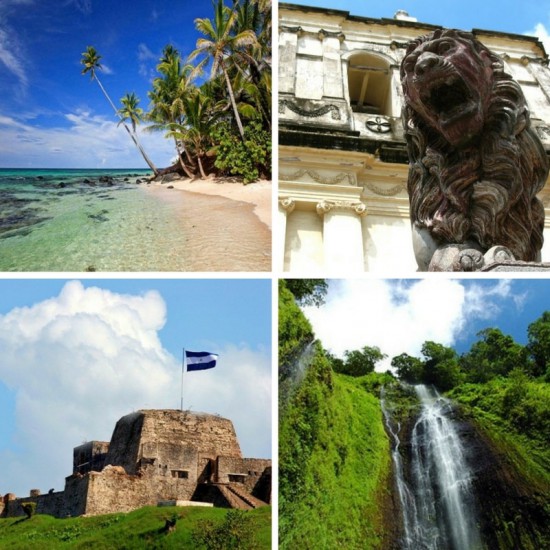Nicaraguan authorities have emitted a resolution on January 17 2017 that establishes a series of measures to prevent the introduction of Yellow Fever into the country, protecting the health of its citizens and visitors.
According to the World Health Organization (WHO), the countries at risk for Yellow Fever are:
Argentina, Bolivia, Brazil, Colombia, Ecuador, French Guyana, Panamá, Paraguay, Perú and Venezuela. The measure also includes every African country, except for the Democratic Republic of the Congo, Tanzania, São Tomé and Príncipe, and Somalia.
- All travelers over 1 year of age, who live in a country at risk of transmission of yellow fever published by the WHO, and who wish to enter Nicaragua, must present the International Certificate of Vaccine against yellow fever with date of application at least ten (10) days before arrival in the country.
- Every traveler who has visited a country at risk of transmission by yellow fever published by the WHO and that left that country more than 10 days before and has no symptoms, is not required to present the International Certificate of Vaccine against yellow fever to enter our country.
- An International Certificate of Vaccine against yellow fever will not be requested from any traveler that was on transit (air connection) to a country at risk of transmission of yellow fever published by the WHO.
- Previous presentation of medical evidence that supports people with egg allergy as a component of the vaccine, people with impaired immunity; and people over 60 years old, will not be asked for the International Certificate of Vaccine against yellow fever.
- As a precaution foreign pregnant women and lactating women will not be asked for the International Certificate of Vaccine against yellow fever, upon presentation of a medical certificate.
- Every traveler visiting a country at risk of transmission by yellow fever published by the WHO, wishing to enter Nicaragua, must be vaccinated in their country of origin, 10 days before starting the trip.

